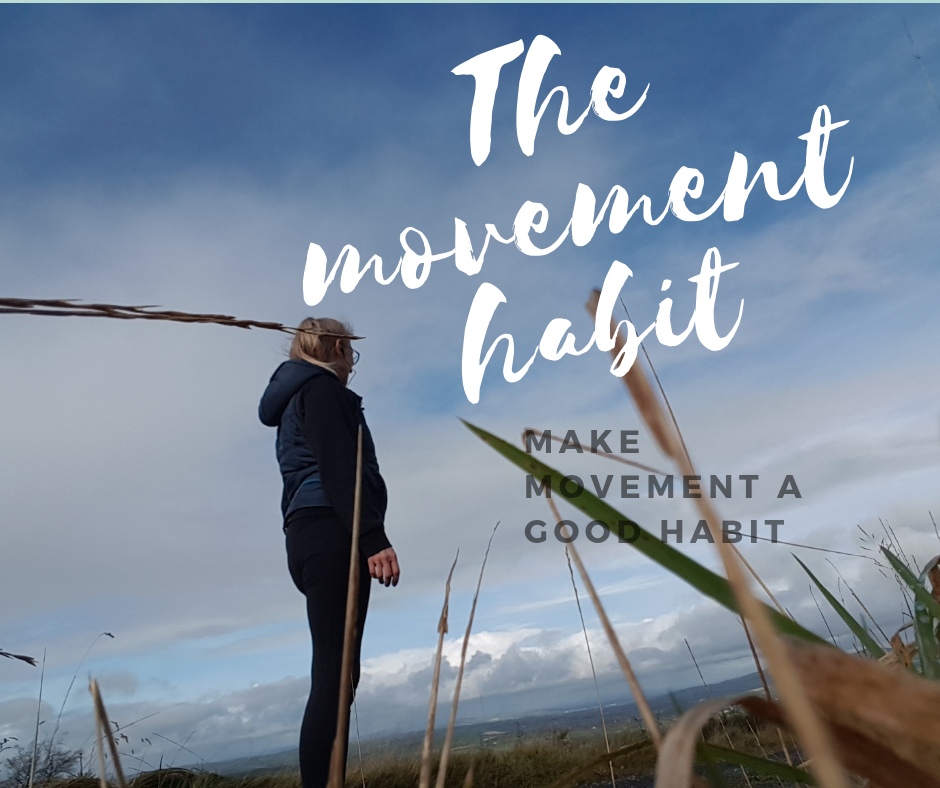In winter when we should be taking it more easy, resting and recuperating, we have more often than not decided to go against nature and fulfil those New Years Resolutions of getting fitter, and dropping a few pounds. So we hit the gym, make massive dietary changes and start the new you project.
This is all very well but there is an effect all this exercise has and it’s on our immunity, which needs to be taken into account. Staying healthy and fit is where we want to be, so having a healthy immunity is part of that. When we start to consider weight loss and therefore restriction of the diet, although I find people start to eat better they are often restricting to the point of affecting their immunity with lack of nutrients. You need nutritious food for a good immunity, but the heavy reliance on processed foods is not helping this, it might be helping the weight loss and keeping to calories because you are able to count the bar you had, the breakfast cereal you ate, and calorie counted weight loss bread you but there is more to health than just those calories.
We have quite a lot of stress in our lives now anyway, then we add training, nutritional stressors, emotional stress, work hours , have long commutes, we do late night eating, have circadian rhythm disruptions such as travel or late night working on our tech. Then to add insult to injury we have exposure to pathogens which are hard to avoid at this time of year, particularly if you are a teacher, work where you meet lot’s of people, or have kids!
There is a lot already taxing the system, and challenging our defences and the first line of defence is called our innate immunity. It is a multilayered system of cells and mechanisms that help us to defend ourselves from infections. One of them we may be using more at the moment is our nasal mucosa if we have a cold for instance. This system allows the body to identify whether something is a pathogen and foreign to the body or something for it to tolerate. This system develops when we are young, and every time we come into contact with something new to us it is triggered immediately, with the aim of keeping parasites, viruses, bacteria out of the body that shouldn’t be there.
These barriers include our skin, mucosa, body hair, GI tract, bile and gastric acid, with them all plaing a part in making us healthy. But at times this system can be over whelmed, or not working at it’s optimal, so the adaptive or acquired immune system triggers, and it’s this system that is meant to ensure that you recover quicker from colds and infections you’ve already been exposed to. This is where your immunological memory is a factor that helps with recovery and dealing effectively with the pathogen. It’s ready to go all the time and this is the system we are referring to in the body when we talk about building immunity.
The effects on this immunity from increasing exercise comes from factors such as; how hard your training is, the length of your training, how often you are training, and also how well you were to start with. If you are challenging your body too much then your recovery ability will change and you are not only likely to become ill, but also at some point injured. Interestingly research shows that those who don’t exercise tend to have a lowered immunity and so do those who exercise more than 4 times a week.
The longer the duration of your exercise and the higher the intensity the more likely you are to affect your immunity. Remember that if you are doing long distance running you are more susceptible to a lowered immunity and some type of infection in the 2-3 days after long races, because this will suppress the immune system.
What can you do to help your immunity?
Sleep, rest and recovery, make sure they are scheduled in and happen, getting to sleep on time and making sure you have your 8 hours a night is important.
Those colourful vegetables as always play an important role in your health and well being, eat a rainbow of colour.
Eat your pre-biotics add garlic, artichokes, leeks, onions, soaked oat’s over night, apples, chia, to your diet. These feed the bacteria in the gut and that area is the seat of your immunity.
If you are feeling tired around your period, then consider easing things down a notch or 2 or even considering this time as rest and recovery.
Eat enough nutrition to actually feed your body properly, so many now are on crash diets, sculpting but starving themselves on very restrictive diets that leaves them wondering why a couple of weeks into being on it and going to the gym they are now ill.
Also restrictive dieting can lead to weekly binging which can compromise the immune system, when we binge eat it’s often on foods that are full of sugar and fats which can be pro-inflammatory and start to disrupt the immune system.
When I’m seeing people who have started on a gym programme their nutrition is rarely balanced, it’s often excessive in protein intake and inadequate in antioxidants and key trace minerals decreasing the ability of the body to use it’s immune defences. Often the client has started training with an already depleted nutritional profile from long term nutritional deficiencies and they are asking more of their body than it’s able to give at that point.
So adding in nutrients via the diet is important and at the first stages of going to the gym to get fit, it’s more important to learn to balance your plate with a variety of foods, and do this consistently with proper hydration.
